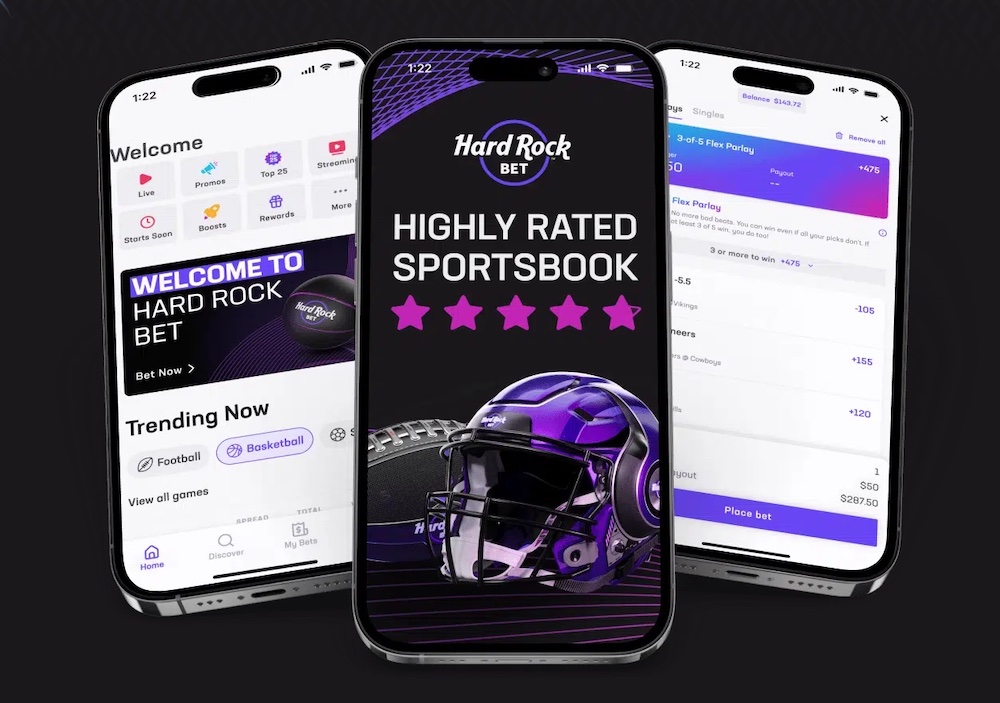
- Details
- By Chez Oxendine
- Gaming
A now-solidified ruling around state-tribal gaming compacts could have wide-ranging implications for tribes hoping to break into mobile gaming, legal experts say.
On Monday, the Supreme Court declined to hear West Flagler Associates v. Haaland. That case concerned the Seminole Tribe of Florida’s ability to launch a mobile gaming platform. Through a 2021 compact with Florida, the tribe contended they could offer mobile betting statewide since the digital system's servers were on tribal lands.
Parimutuel betting companies West Flagler Associates and Bonita-Fort Myers Corp challenged the compact. The companies attested that the Indian Gaming Regulation Act, or IGRA, did not define the betting location as the hosting server, but rather at the bettor’s location. Courts eventually disagreed, and after Monday’s SCOTUS announcement, the ruling was left solidified.
That could have wide-ranging implications for tribes looking to get into sports-betting across the country, say experts speaking to Tribal Business News. Stephen Hart, head of the Indian Law Practice Group at Lewis Roca Law Firm, said it marked a “big change for tribes.”
“I think that you've got a circumstance here where the Seminole Tribe has been successful in getting a ruling essentially from the court that will allow them, from servers on their land, to operate sports betting outside of the reservation,” Hart said. “Tribes haven’t had that freedom, and they haven’t had that ability to compete with commercial entities.”
Ernie Stevens, Jr., Chairman of the Indian Gaming Association, said the ruling proved state and tribal governments could work toward mutually beneficial arrangements.
“We hope to see this type of mutual respect for sovereignty from other state governments as we move forward in this period of technological change,” Stevens wrote in an email to Tribal Business News. “The fact that there are still challenges to tribal sovereignty and the Indian Gaming Regulatory Act by commercial actors demonstrates the continuing need for Indian Country to stand united behind Indian economic self-determination.”
Nudging open a door for tribes
Federal regulations enacted earlier this year, alongside the West Flagler Associates ruling, supported freely negotiated mobile betting compacts, according to Kathryn Rand, co-director of the Institute for the Study of Tribal Gaming Law and Policy at the University of North Dakota School of Law.
Rand pointed to recent rule changes by the Department of the Interior which clarified that compacts may include mobile betting. The same regulation also specifically notes that compacts may choose to treat gaming to take place at the servers on Native lands.
“Some tribes and states have already negotiated new or amended compacts to allow sports betting without state-wide mobile wagering,” Rand wrote to Tribal Business News in an email. “We'd expect that in at least some of those states, tribes may seek renegotiations for state-wide mobile wagering in light of the Court's action and the new regulation.”
Pain points, however, remain for tribes hoping to immediately kickstart their plans for mobile betting operations. West Flagler Associates v. Haaland’s ruling specifically deals with federal law, Rand said.
In effect, the ruling establishes that the Interior was right to treat the compact as valid under IGRA — not that tribes can skip past state negotiations.
State laws are more varied, and the language could prevent wholesale enactment of new mobile betting compacts, both legal experts said. State laws may define the location of a bet differently, or have provisions against mobile wagering. In those cases, other parties could bring challenges in state courts. (West Flagler Associates unsuccessfully attempted as much in Florida, challenging the compact’s constitutionality, per this case document.)
“There still are relationships that you have to have with the state government. There's still a compact that's involved, and in all likelihood there's state law involved as well,” Hart said. “But I think tribes are now okay with moving forward and entertaining these possibilities.”
In particular, Rand expects this to electrify negotiations in Oklahoma and California, where mobile gaming has yet to take hold. Both states remain in comparative stasis around mobile gaming amid swelling markets on all sides.
California has been a battleground for dueling — and failed — referendums on sports betting, per prior Tribal Business News reporting. Sister paper Native News Online points to contentious discussions around state gaming between tribes and Gov. Kevin Stitt.
“California and Oklahoma are significant because they are the two largest state markets for tribal gaming,” Rand said. “We expect the outcome in the West Flagler case, along with the new regulation, to kick start negotiations and/or public debate about state-wide mobile sports wagering in both states.”
Mobile gaming operations have been wildly successful for many tribes. New platforms often generate hundreds of millions of dollars in revenue in a matter of months, per prior reports. The West Flagler Associates v. Haaland ruling could open that door for more tribes hoping to step into that market, Hart said.
“Certainly the whole world is going digital - and now tribes in gaming will be able to do the same thing. That is going to be profitable,” Hart said. “I think if tribes pursue this successfully, they're going to have greater revenue and be able to do more for their people.”
